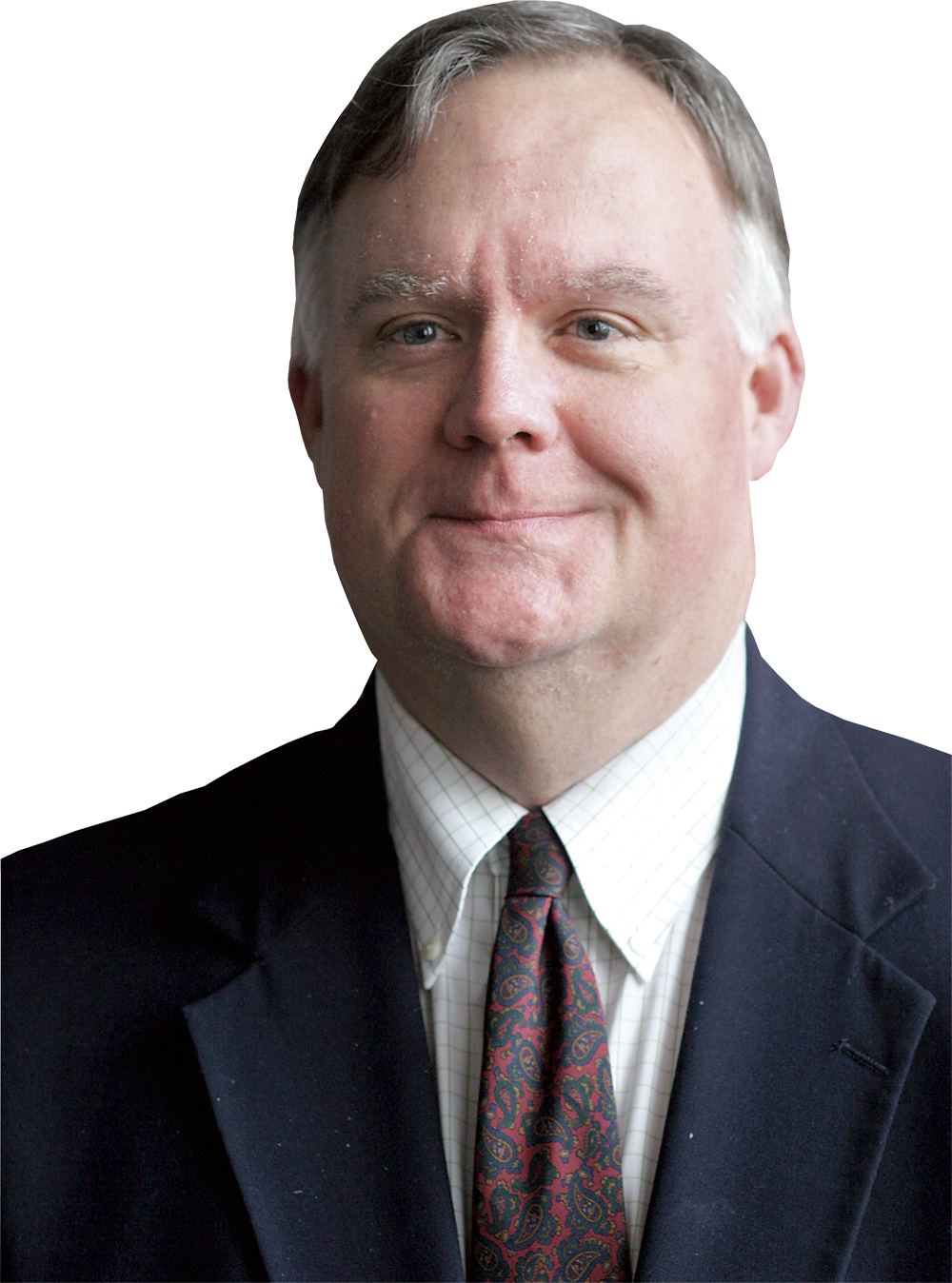His fifth Australian Open title just won Sunday, his nemesis Rafael Nadal topped in a Grand Slam for the first time since 2007, ESPN asked Roger Federer where this one stood among his record 18 career major championships and first since his 2012 Wimbledon crown.
"This one stands alone," Federer said with a slight grin.
Let us count the ways. It stands alone because it's the first major he's won in five years. It stands alone because not only did he beat Nadal - who has won 23 of the 35 matches they've played against each other - but he won the last five games of the match to do so, including coming from two break points down in his final service game.
It also stands alone because at 35, Federer becomes the oldest man since Ken Roswall won the Aussie Open at 37 in 1972 to capture a major.
Beyond that, it stands alone because having not played a single official tournament since last July's Wimbledon due to a left knee injury, Federer not only won a major at 35, for the first time he won a Grand Slam singles crown by capturing three five-set matches on his way to the title.
Let that percolate for a minute: At the age when most professional athletes are attempting to go pro in something apart from athletics, Federer somehow willed his aging body through three five-set matches, including both his semifinal gut-check against fellow Swiss Stan Warinka and the final against Nadal.
Finally, he won by playing, on balance, the best tennis anyone has seen from him in at least five years, if not seven or eight. For proof, merely consider that he beat four top-10 players on his way to the title, something that has been done but three other times in the Open Era (since 1968, when professionals and amateurs were allowed to play together for the first time).
Did the Australian Open's patently unfair scheduling - Federer's semifinal ended more than 24 hours before Nadal's because the tournament staggers its semis over two days - help Fed? Almost certainly.
As the 30-year-old Nadal noted in defeat of his inability to close out a final set in which he owned a 3-1 lead: "Being honest, in these kinds of matches I won a lot of times against him."
But this reversal of fortune - Nadal had won six of the previous eight times they'd played - was also at least partly due to a complete change of attitude by Federer that should have surfaced long ago.
"I told myself to play free," Federer said. "You play the ball. You don't play the opponent. Be free in your head. Be free in your shots. Go for it. The brave will be rewarded here. I didn't want to go down just making shots, seeing forehands rain down on me from Rafa."
To view the entirety of his amazing career, Nadal and Novak Djokovic are the only two players Federer has struggled to beat over long periods of time. Everyone else who has given him notable trouble at one time or another - the Argentines Juan Martin del Potro and David Nalbandian, as well as Tomas Berdych as Lleyton Hewitt - he has eventually solved and dominated. And though Djokovic currently leads Fed 23-22, each is the only player to beat the other at least once in all four majors.
But Federer has never beaten Nadal at the French Open, and the two have never met in the U.S. Open. So whom to credit for this stunning triumph beyond the great Fed himself?
Start with his coaches - Severin Lüthi and Ivan Ljubicic - who both apparently pushed for Federer to quit worrying about Nadal's wicked spins and instead just hit winners whenever the opening presented itself. Too often against Nadal, especially away from Wimbledon, it has seemed as if Federer was always reacting rather than acting, forever failing to take control of the point before Nadal could push him backward.
Maybe Sunday was a blip never to be repeated, but this was a clearly more aggressive Federer - witness his 73 winners to but 35 for Nadal. As Patrick McEnroe said of Fed at the close of the match, "Tonight he out-Rafa-ed Rafa."
You could argue the biggest winner was tennis, which seems to lose overall interest from the sporting public every year. Federer and Nadal have long been its most appealing stars, Fed so full of grace and style, Nadal overflowing with muscle and guile.
In a way, because of Fed's immense popularity, they are the opposite of golf's all-time great rivalry - Jack Nicklaus and Arnold Palmer. On the course, Palmer's fearless athleticism and swashbuckling style made him the fan favorite to the Golden Bear's superior skill set and reserved personality. With Roger and Rafa, the opposite has been true, though much like Arnie, Fed did hit the scene first.
Still, tennis needs both, much as golf needs Tiger to return as a contender rather than a pretender. Not that Federer exactly encouraged the idea of a renaissance between him and Nadal.
"I hope to see you next year," he told the crowd Sunday. "If not, this was a wonderful run here."
Later, Federer clarified that remark, saying, "This is all about knowing that I have only so much tennis left in me. If I do get injured, you know, maybe if I miss next year. Who knows what happens?"
That's the beauty of sports. You never know what can happen until it does. But the sporting world knows today that Federer is now four ahead of Nadal and Pete Sampras in majors, and that playing as each man did these past two weeks, both of them could pad their current totals.
That's not just a win-win for them, but for tennis in general.
And that's at least one more reason why Federer's latest title stands alone.
Contact Mark Wiedmer at mwiedmer@timesfreepress.com.
